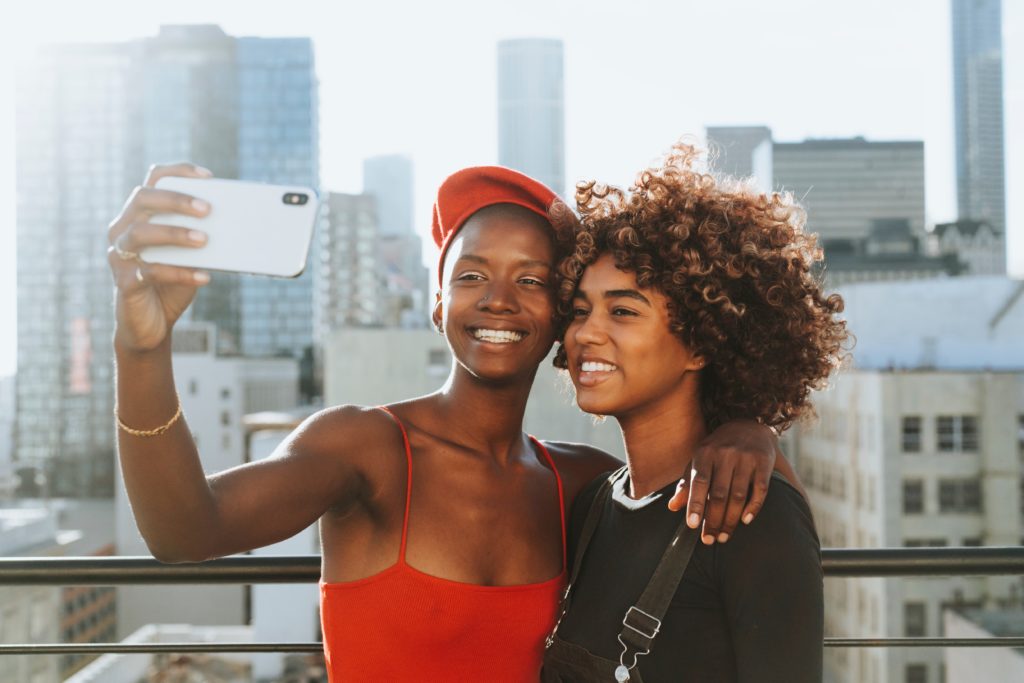
by Uchechi | Jan 31, 2019 | career coaching, creative resilience, creativity
Dear Creative,
There will always be haters. That’s part of the risk that comes with choosing to take your place in the world of creativity.
Not everyone will love your work. There will be those who do. There will be haters. There will be those who do not like your drawing, poem, photo, painting, essay or the filter you used just before you publish Instagram.
Let me tell you a story.
Last summer, I had the opportunity to share my work/my words as a poet with audiences in Mexico City. I remember this young woman who came up to me after the reading in Coyoacan. She asked if she could speak to me privately. She spoke softly as I leaned in closer to hear what she had to say.
She told me about her best friend who died the week before. She told me about how she was not there to sit with her in the hospital bed. She wore a cloud of guilt on her face and sat there sobbing. She must have been 22 years old. Her friend was also very young. She thanked me for the poem I read. I shared my sadness about the ones I had loved and lost in my life. I realized that she needed to hear that poem in the same way I needed her to tell me how it impacted her.
There were people who loved the poems, but there were also those who needed it. They came up to me and told me that poetry was the thing that was sustaining them right now. ⠀There are those who need your words like they need air and good. Focus on them.
Focus On The People Who Need Your Creativity
But if there is anything I have learned to help me be a more resilient creative it is this: Are you listening? Write this down. Type it into your phone.
Use it as a screensaver. Say it to all of your fellow creative friends. Put it on a t-shirt or get it made into stickers.
Ready for it?
There will be people who love your creative work and people who hate your work. There will also be those people who need your work. Focus on the people who need your work. Let that sink in for a minute. Are you breathing a bit easier? Is the tightness in your chest easing up? Are you feeling a little bit more courageous when it comes to sharing your work out into the world? I hope so.
⠀
Your true creative fans will become more important than the haters.
When you doubt yourself, feel the doubt but also remember the people who need your work. What would they say? Keep their voices in your head.⠀
We forget about the people who need our work. They are not always so obvious. Sometimes they skip into our DMs with a note of thanks and a tale of the life they’ve lived and how our work has supported them. Sometimes they cry while reading something you wrote. They need your work like we all need food and air and water, necessary things for physical survival.
They understand that there are also necessary things for emotional survival and necessary things for creative survival.
The people who need your work check your Instagram feed first thing in the morning, just upon waking. Sometimes they don’t leave the bed before scrolling through your feed.
They keep their phone there just for you. If they see you’ve tweeted or shared a story, they immediately scroll through to find you and your work.
Your work is a lifeline for them.
I recently wrote about the late poet Mary Oliver, and all the people she touched. We all so desperately needed her work.
Through meditating on language, nature, and belonging she taught us how to belong to ourselves by taking our place in the world and belonging to the universe in the process.
Thank them, create with them in mind. Put their picture up where you work.
Give them your energy. They will give it back.
Guess what?
If you focus on the people who need your creative work you will realize that you are one of those people.
We often try to solve our own problems, and then we realize this is how we can help others. This is the beauty of this approach. The haters will be there. The lovers will be there too. But there’s also the needers.
Focus on them.
Keep going. I want to see your brilliance.
Love,
Your Future Self
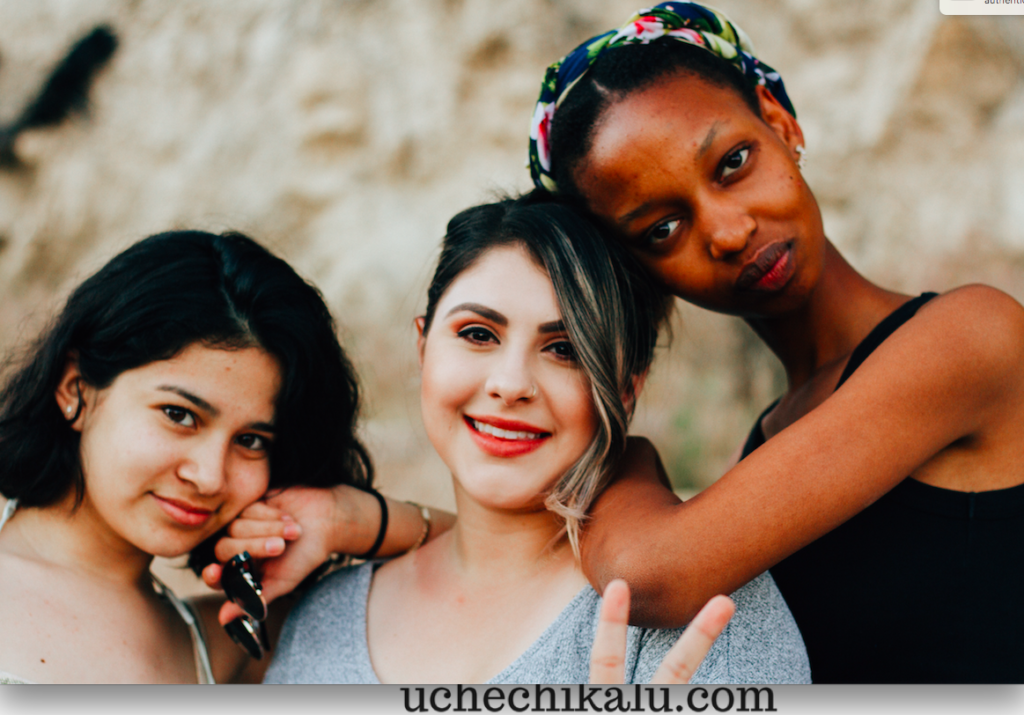
by Uchechi | Jan 16, 2019 | Blog
Dear Creative,
I want to encourage you to embrace your professional diversity.
We live in a world where we hyphenate ourselves when our cultural background includes many influences. We are encouraged to embrace our cultural diversity, understanding that the mix of backgrounds makes us richer, fuller human beings. But we don’t do the same when it comes to our professional diversity.
Let me tell you a story.
I have always loved the cultural celebration of weddings. I love the blending of families and cultures that come together to create something new. I love how the couple has to decide which cultures to keep, and which ones to let go of. I love knowing that no matter what they decide, they are embracing all of the cultural influences that have conspired to bring them together.
Why are we not encouraged to embrace our professional diversity in the same way?
Let me tell you a story.
I studied creative writing in college. I also work in technology as a UX Designer. I also own a software development company where I manage teams of designers, coders, and product developers. I’ve also co-founded a startup and hosted a Twitter chat about diversity in technology.
All of these things may seem so different, but they have actually taught me to embrace my professional diversity. When I take the stage at a tech conference, I am leveraging my years as a poet and how that experience prepared me to engage with an audience. When I build software, I am thinking about it through the lens of the poet, searching for the story first.
Like cultural diversity, your professional diversity is nuanced.
It is hyphenated and it allows you to bring a different (and new) perspective to your work.
We can do the same with our professional diversity. All of the different paths you’ve taken have value. Everything you studied gives you an opportunity to create more meaning in your work. Cultural diversity is often seen as valuable because it brings together of many cultural influences to make an experience and/or person richer. It is meshing together, a gathering of the best of each to make us better, more unique, more whole.
It is 2019. Most of us will not have the same job as our parents did. We will be hyphen-creatives, bringing our work from one discipline into the other and leveraging all that we have to offer. There will be people who tell you to pick one. This might work for you, but remember that almost no one has one job even if they have one specialty.
In 2019, the doctor is also a blogger. The blogger is also a photographer. The photographer might become a web designer just to get her website up and running. We are not chasing jobs. We are running towards one impact, and using every and any tool we can to get there.
Our work has to be multidisciplinary creativity. This is the future of creative work.
Embrace your professional diversity in the same way you would embrace your cultural diversity.
Remember the work that allows you to have your one and only impact.
Love,
Your Future Self
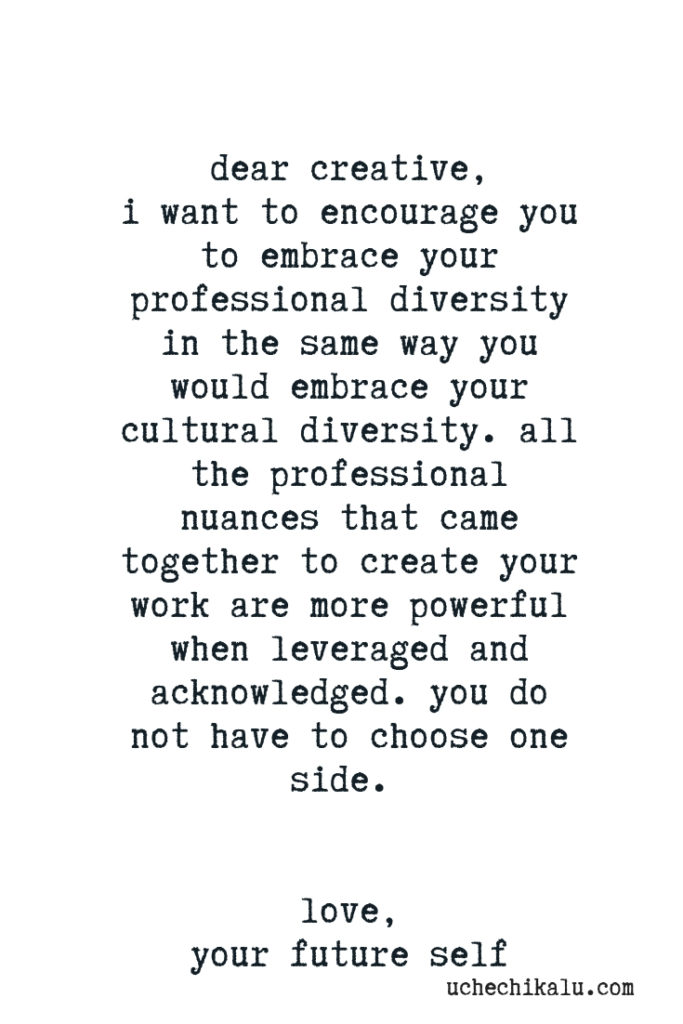
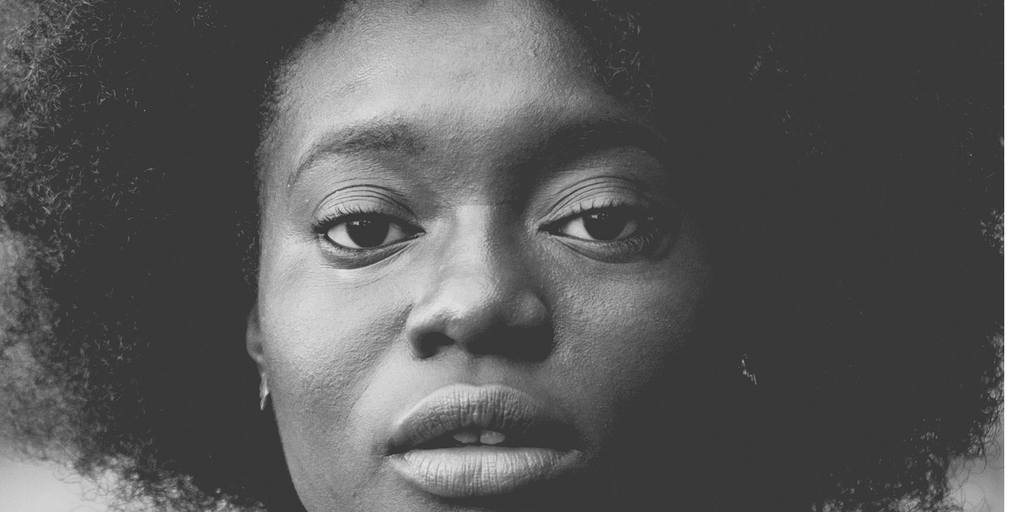
by Uchechi | Jan 9, 2019 | career coaching, creative confidence, creative resilience
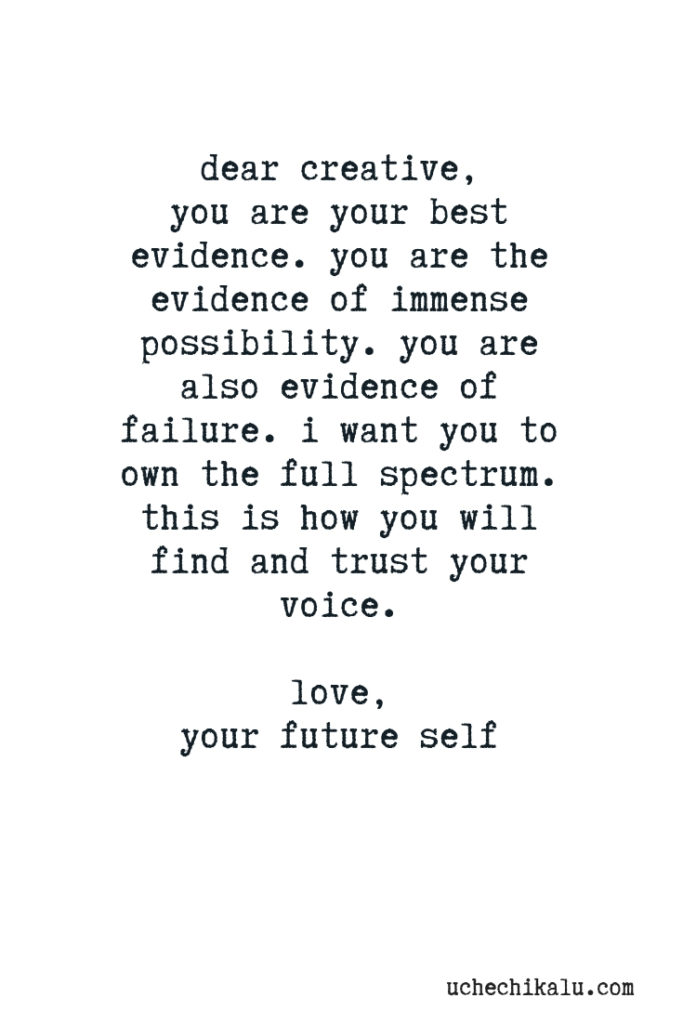
dear creative,
you are your best evidence.
you are the evidence of immense possibility. you are also evidence of failure. I want you to own the full spectrum of your creative experience. this is how you will learn to trust your creative voice and move forward when all the stories of imposter syndrome show up.
we live in a world that asks us to own our flaws but does not encourage the same when it comes to our greatness.
we’re afraid of appearing conceited or narcissistic. I’m afraid of that too. But I recently realized that I’m also afraid of living on one side of the creative spectrum where I only own the failures. This is not healthy either. This can lead to extreme self-doubt and paralysis.
in 2019, i want you to embrace the full spectrum of your creative work.
there will be days when I write inspiring (to others) poems and there will be days when my work fails. There will be days when I create beautifully designed websites and effective marketing strategies, and other days when I wonder if I should have stayed with writing instead of also incorporating technology.
and you will also have those days. I want to encourage you to own all of it. If you remember the failures with specificity, also remember the days you birthed something that felt incredible. Remember the awards in great detail. Remember the press mentions. Remember what you were wearing and what you said. Remember all of it.
you are creating a body of work.
Keep creating it, keep growing it and keep embracing the full spectrum of your creative out our.
don’t worry about being conceited. As soon as you celebrate one win, there will be a creative failure to greet you. This is the process. This is the work.
in the end, I want you to know the truth about your work: you’ve done some amazing work.
Remember that.
love,
your future self
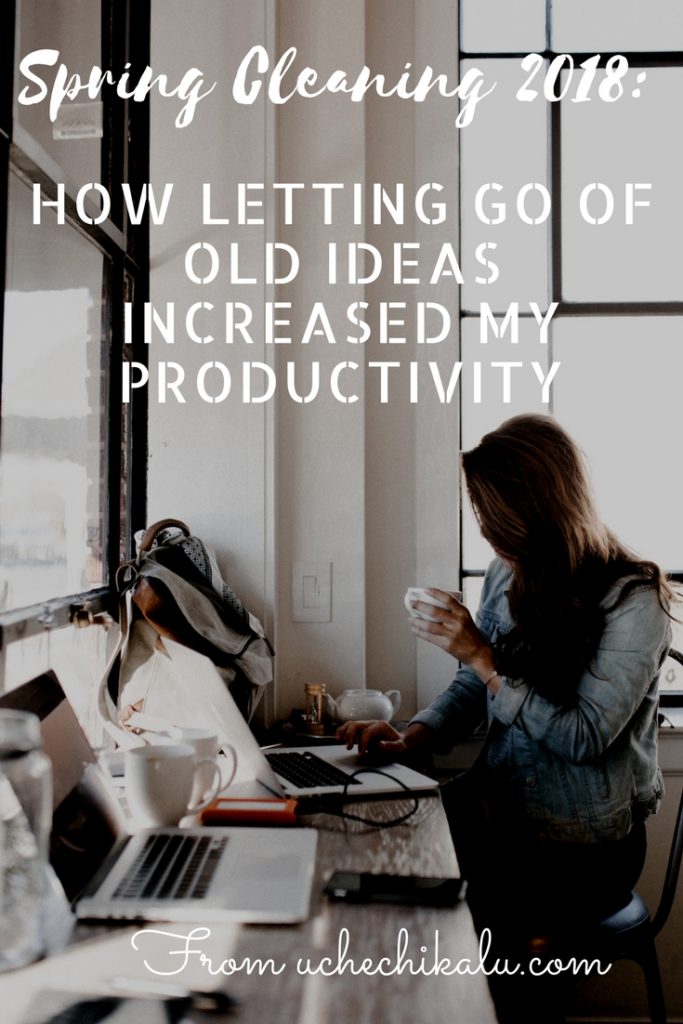
by Uchechi | Mar 13, 2018 | Blog

I’ve been feeling uninspired in my work, and want to figure out if there’s something I can do to shift this. I don’t know how to change this feeling, but I do know that the warm breeze that clings to my skin and the eruption of beautiful flowers blooming outside my house inspires me to think about the things I need to let go of.
It’s Spring 2018, and I’m doing some digital spring cleaning.
I’ve been clearing out my inbox. I’m sending old emails to the trash and unsubscribing from lists that no longer serve me.
Clearing out my digital inbox gave me the idea that I could also clear out my mental inbox.
I could use this same technique to clear my mental clutter and unsubscribe from narratives that were no longer serving me.
By taking my name (and my mental space) off of things that no longer served me, I could make more room for the things that matter. And it felt good. Like really good. So, I just kept going.
- Could I use the same technique and unsubscribe from the beliefs that have been holding me back?
- Could I just hit “unsubscribe” and let go of narratives that were no longer serving me?
- Would doing so allow me to feel more energized and connected to my work?
To get started, I had to get real with myself and reflect on the narratives that I had subscribed to.
Last year, I wrote about James Baldwin’s relationship to narratives. He wrote about how changing the narrative can also change your destiny. I started asking myself about the narratives I was buying into.
- What were the stories I was believing?
- What was I telling myself and others about who I am in the world?
- Which narratives did I think I had let go of, only to find I was still hanging onto them?
1.You have to have it all figured out before you start.
This is a hard one to admit. I generally have gone for things I believed in and taken the risk even when others doubted me, but every now and then it creeps back in. It’s brutal and can be so damaging. I’ve found that this narrative plays out even stronger for me as a woman in a male-dominated space. For example, although I own my own software development company, I have moments where I question my decision and the “you don’t know what you’re doing” narrative is so damn loud. I am unsubscribing from this one. Yep, done.
The new narrative:
- I don’t know what I’m doing, but I’m going to do it anyway.
- I’m going to do it because I trust the impact I want to make in the world.
- I also choose to trust my background and experience, and use what I do know to propel me forward.
- The experience I do have is enough of a seed to move forward and start taking action.
I also shift focus: I focus on the impact I want to make, and not the job title I want to have.
think about the impact I want to make instead of focusing on the job I want to have. Every time I remind myself of the impact, then I am aware that I’m doing this work, taking this risk and going for it on behalf of something bigger than me. Knowing my why helps me a lot.
2. In order to find work you love, you can’t bring your full self to your work.
This one hits home. I’m a creative, which means I do many things. I’m a professional poet, own a software development company and sketch out design ideas as a UX Designer.
Does this sound familiar?
I’ve subscribed to this idea that I can only do one thing, and have to hone in on a specific career.
I’m not subscribing to that anymore. It is not serving me, and I’ve realized that not bringing my full self (and my talents) to my work diminishes the impact I have the ability to make.
The poet in me helps the public speaker in me feel confident on stage. The entrepreneur in me helps the poet focus on the business side of being an artist. The artist in me brings a unique perspective to web development. The former teacher in me helps me run a company and work with other people.
We all have nuances, and the issue is not to get rid of them. The challenge is to figure out how to leverage them to be of use and help us move forward.
The new narrative:
- The more I bring all of my nuances (professional and personal) to my work, the more effective I can be in my day to day work.
- The difficult experiences I’ve had make me even more equipped to tell a powerful and inspirational story.
- Bringing my full self to my work is about looking at everything that makes me who I am and deciding to leverage each experience and find a way to make it useful in my daily life. For example, the poet in me allows the public speaker in me to thrive. The entrepreneur in me motivates me to become a professional poet and think not just like an artist, but also like an entrepreneur.
3. You have to be fearless.
I love seeing quotes about “fearless” women, especially as we celebrate Women’s History Month right now. And I used to think I wanted to be fearless, and that being fearless was an important ingredient for my creative work.
This does not work for me. I realized that I do not want to be fearless. Any major work I’ve done has been done on the heels of fear. Fear was staring me down and asking me “what you got.” When I started my poetry career, I always had fear sitting with me each and every time I hit the stage.
Fear was never the issue. I needed my work to challenge me. I need my work to be sprinkled with a dash of fear.
This is what moves me toward the work I’m meant to do in the world. Fear tells me that I’m taking a creative risk and headed in the right direction.
The new narrative:
- I don’t want to fearless.
- I want to own my fears and use fear as an ally.
- This means that sometimes I talk to my fear. Sometimes I write it down and ask “what’s this really about.” Sometimes I ask it to be with me, to show me where I need to do next. I thank it for showing up, for pushing me and for reminding me of what’s important.
Conclusion
What we believe about ourselves and our capacity affects our work. There’s no way around that. For many years, I’ve felt like there were narratives I was believing that were holding me back. I didn’t know what I could do about it until I started cleaning out my email inbox. I had a huge number of email lists to unsubscribe from. I loved how unsubscribing made me feel. I felt lighter . I also felt like there was more space in my inbox for the things I actually served me now.
I decided to apply this same practice to my mental clutter, and ask myself these important questions: What were the narratives that I was unconsciously believing? How were they holding me back as an entrepreneur, as a poet and as a creative person who believes in bringing my full self to my work?
The hardest thing about this was admitting that I still subscribed to some of these narratives. But, I had to take James Baldwin’s approach and say “Not everything that is faced can be changed, but nothing can be changed until it is faced.”
So now I’m learning to unsubscribe each and every day. It’s a daily practice. I have not perfected it yet, but I’ll let you know how things go.
Which narratives will you be unsubscribing from starting now?
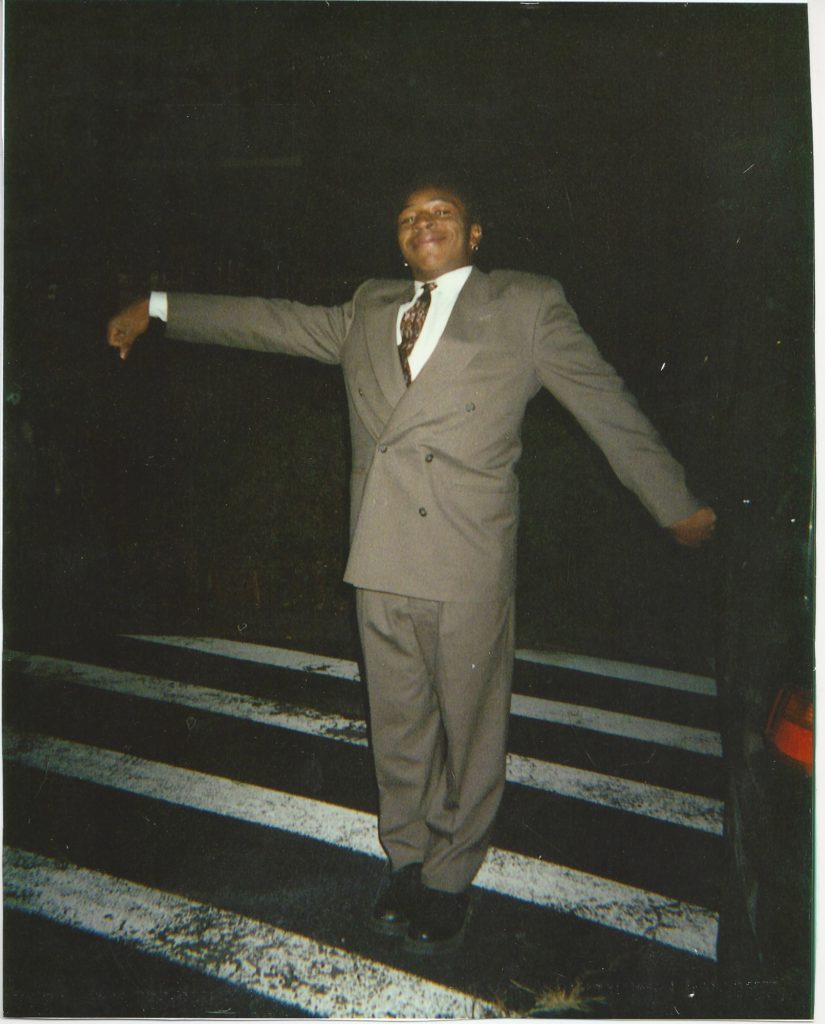
by Uchechi | Feb 25, 2018 | Blog, creativity

In less than an hour, I will close the chapter on another day. Soon it will be Monday. Like many entrepreneurs and creatives, I will start another week of trying to share my perspective, one word and/or user interaction at a time.
But before the day is over, I want to celebrate my brother. Today is not just another day. My brother doesn’t get to turn 35 today, but here’s how I’m celebrating him.
This anniversary is a special one because I’ve learned something that has changed how I approach my work, and I want to share that with you.
Today was a difficult day
Today was a difficult day. Yesterday was also difficult. Today I miss my brother. There’s an ache that lives in my chest that will not go away. Sometimes, it’s turned up to high and I feel it more. Today is one of those days. His name was Emmanuel. He would have celebrated his 35th birthday, but he died (in a car accident) the day before his 18th birthday. Yesterday I missed him even more. Anniversaries are hard. Yesterday was hard.
Yesterday I cried. I sat on my good friend’s couch, drank wine and sobbed.
Every year, I think I will miss him less. Every year, I am proven wrong. Something different happened this year. This year I missed him dearly, but I also became acutely aware of something that completely changed how I will approach my work and creativity for years to come.
I’ve always believed that when I lost Emmanuel, I also lost my memory of him. I forgot the exact color of his cafe colored eyes. Was it a dark roast or a lighter roast? I forgot the exact shade of his skin. I remembered the muscled arms and the infectious smile, but I could not remember the exact shade of his skin. When loss clings to that tightness in your chest, sometimes memory is the only thing you can hang onto. Losing my memory of him added to my grief.
Loss Can Be A Creative Catalyst
During one of my recent meditations, I had an aha moment. For 16 years, I believed that not being able to remember all of these details meant that I would not be able to remember my brother. I felt a deep sense of loss, and I also felt like a part of my own history was disappearing.
During one of my meditations, I saw my brother’s face and he smiled at me and told me this:
Stop worrying about seeing my face, and remembering every detail. It’s a good thing that you can’t see my face. It means you’re still living. You’re still breathing. You’ve got a life to live. You’ve got poems to write and designs to sketch out and a company to run. It’s a good thing. You are alive!
This was one of those moments when I cried and smiled and cried and smiled some more. Seriously? I had never thought that maybe, just maybe this was something that could inspire me. I spent so many years feeling disheartened and frustrated when I’d close my eyes and remember my brother. Now, I was given (and gifted) a new way of thinking about all of it.
3 Things I Learned On The 17th Anniversary of My Brother’s Death
1. I do not want to waste my time.
I’m alive! I’m here! I miss him like nobody’s business, but I’m here. This means that the work I am doing (and want to keep doing) can be done. My life also reminds me that t is a privilege to be alive. I do not want to waste it.
2. Losing My Brother Has Become My Creative Catalyst
I no longer feel frustrated when I can’t remember the details of my brother’s face. It’s okay. I’m here and I’m alive and I am creating. This new perspective has shifted how I interact with this loss. It has allowed me to move from a place sadness and frustration to a place of inspiration.
If I’m alive, then I can still put my work out into the world. He cannot do that. His legacy lives on, but his capacity to continue creating his legacy ended 17 years ago.
This humbles and inspires me.
3. Your legacy starts now
When Emmanuel died, a local DJ wrote a song about him. His friends gathered to celebrate him. Although he was just 18 years old, I was acutely aware of what his legacy was. I knew that he had helped his friends (and everyone who knew him) feel like they could show up authentically and be accepted (and celebrated).
Sometimes we don’t get to live out our life’s work. Sometimes, life abruptly ends and we don’t have our “whole lives” to share our work and live out our purpose.
So, do it now.
I want to do it now.
This was the gift that knowing him gave each an every one of us that knew him. If he was able to do that in such a short time, then I know I can.
I want my legacy to be a daily act.
I want it to be about every person I interact with. I want to be acutely aware of the fact that I am building it moment by moment, interaction by interaction.
I want it to start now.
On this 17th anniversary of my brother’s death, I have been given another privilege: I’m finally able to understand that in the face of so much loss, there is living to do. I am here, which means that I have another day to create meaningful experiences both on and offline.
I have another day to write another poem.
I have another day to design another user interaction.
I have another day to use my voice and to share my very personal stories.
I have another day to add something to the universal and collective dialogue about how we create, how we lose and how we become ourselves when we least recognize ourselves.
This is my hope.
Happy Birthday, Emmanuel. Thank you for this “aha gift.” I will practice building a legacy each and every day. This is my gift to you, my dear and precious boy. It was an honor to know him. It was a gift to love him. It made me a better person and an even better sister. I felt privileged.
I hope you wake up tomorrow and start your week knowing that you are very much here and alive in the world. I hope you remember that we are all waiting for you to show up and tell your story. We need it now. We need it more than ever. We need you now. We need you now more than ever.





